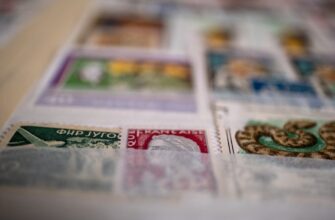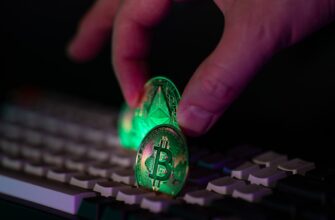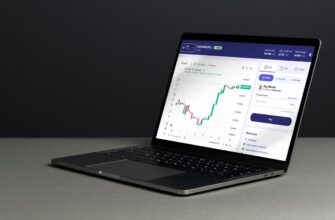The Legal Status of Cryptocurrency in North Korea
Officially, cryptocurrency is strictly illegal for ordinary citizens in North Korea under the regime’s draconian laws. The government prohibits all decentralized financial activities, viewing crypto as a threat to state control over the economy and information flow. Despite this ban, North Korea has paradoxically become a global leader in state-sponsored cryptocurrency hacking and mining, using these operations to bypass international sanctions and fund its nuclear program. This contradiction highlights the extreme duality of crypto’s role in the Hermit Kingdom.
Why North Korea Bans Cryptocurrency for Its Citizens
The regime enforces this prohibition through:
- Absolute Financial Control: All monetary transactions must use state-issued currency, allowing surveillance and suppression of dissent.
- Prevention of Capital Flight: Crypto enables cross-border wealth transfer, undermining closed economic policies.
- Ideological Enforcement: Decentralized assets contradict state propaganda promoting self-reliance (Juche ideology).
- Internet Restrictions: Most citizens lack web access, making crypto usage practically impossible anyway.
Violators face severe penalties, including forced labor or execution, under the 2020 “Anti-Reactionary Thought Law.”
How the North Korean Government Exploits Cryptocurrency
While citizens are barred from crypto, the regime operates large-scale illicit activities:
- Cyber Heists: State hackers (e.g., Lazarus Group) have stolen over $1 billion in crypto since 2017, targeting exchanges like Coincheck.
- Illegal Mining: Using stolen electricity and prison labor to mine Bitcoin and Monero in hidden facilities.
- Sanctions Evasion: Converting stolen crypto to fiat via intermediaries to fund weapons programs, avoiding SWIFT restrictions.
- Ransomware Attacks: Deploying crypto-locking malware like WannaCry for extortion.
UN reports confirm these operations are directed by North Korea’s Reconnaissance General Bureau.
The Deadly Risks of Crypto in North Korea
For citizens, attempting crypto use carries extreme dangers:
- Brutal Punishments: Possession can lead to public executions or imprisonment in political camps.
- Surveillance State: Phone inspections and informant networks make detection likely.
- Scam Vulnerability: Desperate citizens risk exploitation by state-run crypto scams.
- Zero Legal Recourse: No protection against theft or fraud in decentralized transactions.
North Korea vs. Global Crypto Regulations
Unlike most nations exploring regulated frameworks, North Korea represents the world’s most oppressive anti-crypto stance:
| Country | Citizen Access | Government Stance |
|---|---|---|
| North Korea | Fully banned | Illicit state exploitation |
| China | Restricted | Mining/trading prohibited |
| USA | Legal with regulation | Taxation and compliance focus |
| El Salvador | Legal tender | National adoption strategy |
Frequently Asked Questions (FAQ)
Q: Can tourists use cryptocurrency in North Korea?
A: Absolutely not. Foreign visitors are monitored 24/7 and must use state-approved payment methods. Attempting crypto transactions risks immediate deportation or detention.
Q: Does North Korea have its own cryptocurrency?
A: No credible evidence exists of a state-issued crypto. Rumors of a “Koryo coin” remain unverified—experts deem it impractical given the country’s tech limitations.
Q: How does North Korea launder stolen cryptocurrency?
A: Through “chain-hopping”—converting coins across blockchains, using mixers like Tornado Cash, and funneling funds via Chinese brokers or fake companies to obscure origins.
Q: Are there any legal crypto exchanges in North Korea?
A> None operate within the country. Citizens accessing foreign exchanges (e.g., Binance) via VPNs face extreme punishment if caught.








